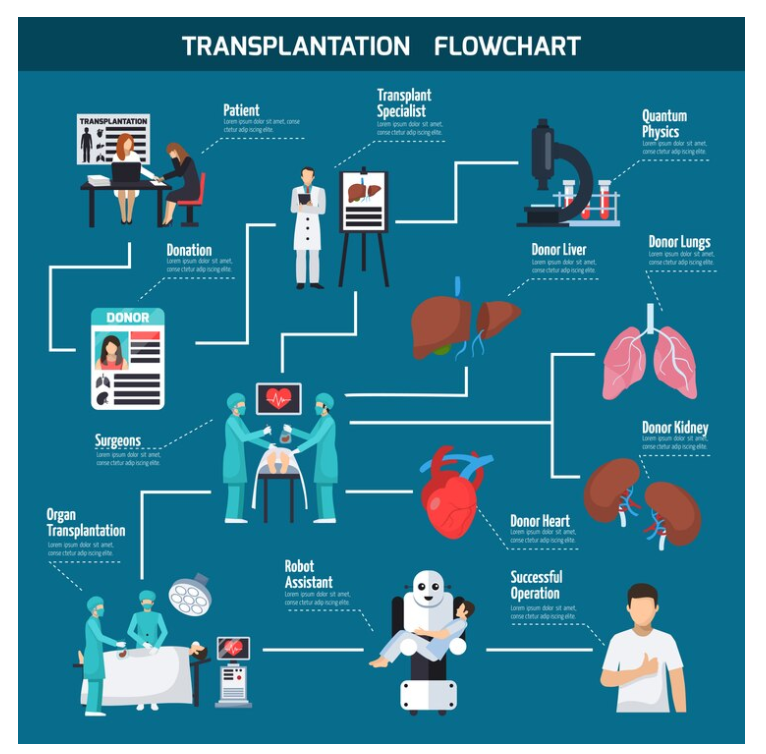
Liver Transplantation: An Option for Advanced Cirrhosis Cases
Introduction: Liver transplantation is a life-saving procedure for individuals with advanced cirrhosis who have liver failure and no other treatment options. Let’s delve into what liver transplantation involves and when it may be necessary.
What is Liver Transplantation? Liver transplantation is a surgical procedure where a diseased or damaged liver is replaced with a healthy liver from a donor. It is typically reserved for individuals with end-stage liver disease, such as advanced cirrhosis, where the liver is severely damaged and can no longer function properly.
When is Liver Transplantation Necessary? Liver transplantation may be considered when cirrhosis progresses to the point where the liver can no longer perform its essential functions, leading to liver failure. Common reasons for liver transplantation in cirrhosis include:
- Decompensated cirrhosis with complications such as ascites, variceal bleeding, or hepatic encephalopathy.
- Liver cancer (hepatocellular carcinoma) that cannot be treated with other methods.
- Acute liver failure due to sudden liver damage or complications of cirrhosis.
The Liver Transplantation Process: The liver transplantation process involves several steps, including:
- Evaluation: Candidates undergo a thorough evaluation to assess their overall health and suitability for transplantation.
- Waiting List: Once approved, candidates are placed on a waiting list for a suitable donor liver.
- Surgery: When a donor liver becomes available, the transplant surgery is performed. The diseased liver is removed, and the donor liver is implanted.
- Recovery: After surgery, recipients require close monitoring and follow-up care to ensure the new liver functions properly and to prevent complications.
Conclusion: Liver transplantation is a crucial treatment option for individuals with advanced cirrhosis and liver failure. While it is a complex procedure with risks and challenges, it can significantly improve quality of life and survival for those in need. By understanding the process and criteria for liver transplantation, individuals with cirrhosis can make informed decisions about their treatment options.
To seek medical advice, always consult a Doctor. Here are our recommended experts. Click here
To read more on Respiratory disease . Click Here


